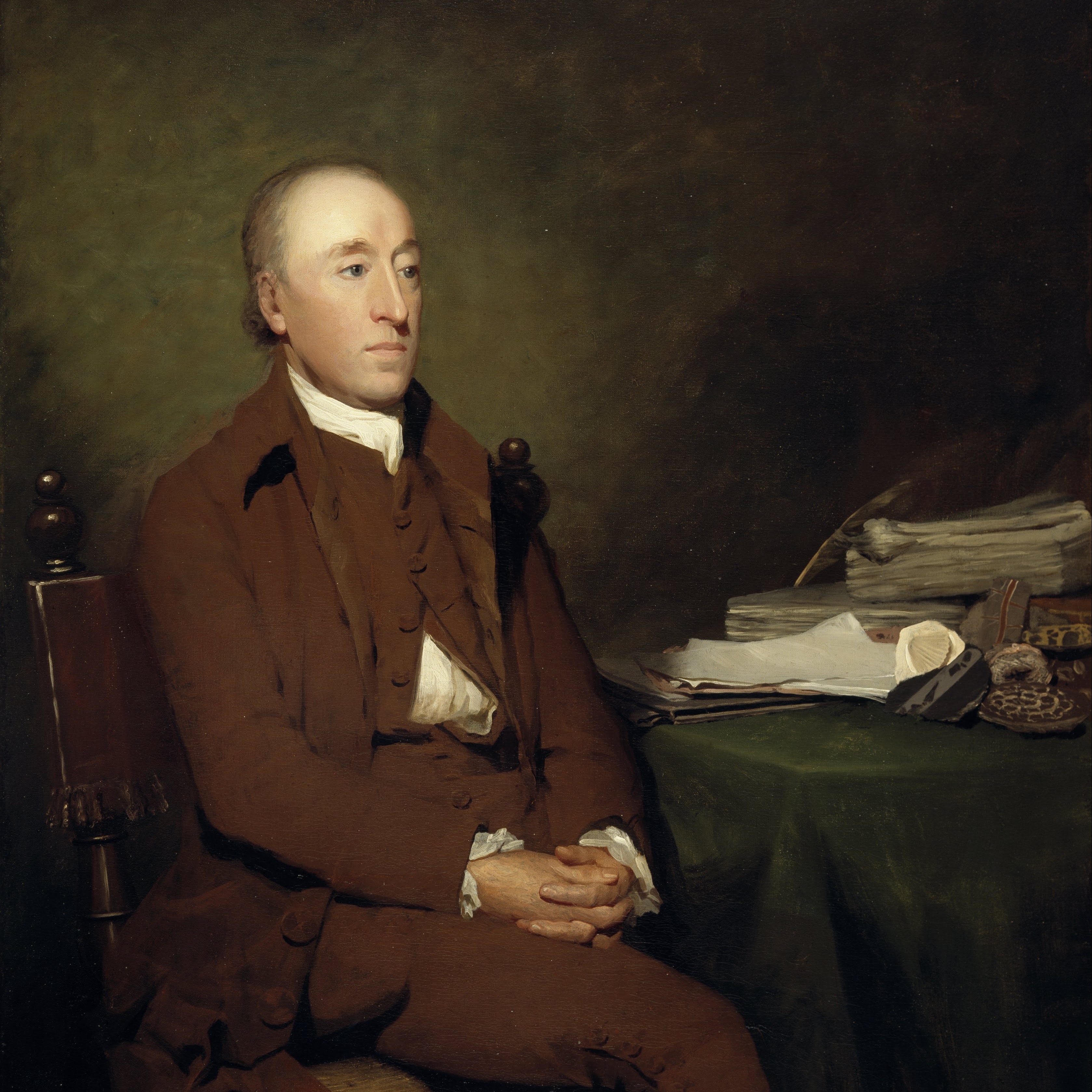
James Hutton
Born on June 3, 1726, in Edinburgh, James Hutton is well-known as the founder of modern geology; switching from medicine to geology he changed the geography point of view towards the Earth.
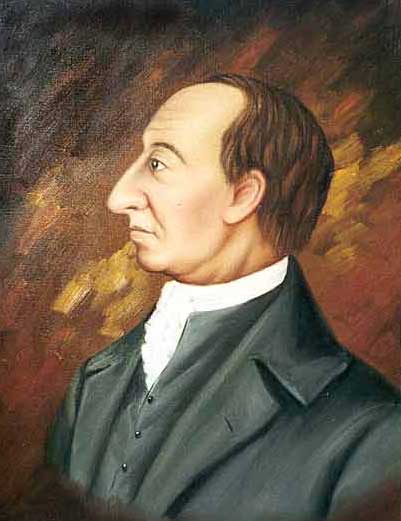
University of Edinburgh forms the basis of Hutton’s medical practice though it provides the foundation to his geological works. The geographic exploration of the Scottish rocks made him inclined to come up with new theories that would help to explain most of the processes that happens on the earth.

It was in 1788 that Hutton published the “Theory of the Earth” in which uniformitarianism was for the first time put forth. This theory stated that the geographic features on the face of the earth had evolved slowly over very long time spans, departing from the catastrophic approaches to geology dominant during Lyell’s time.
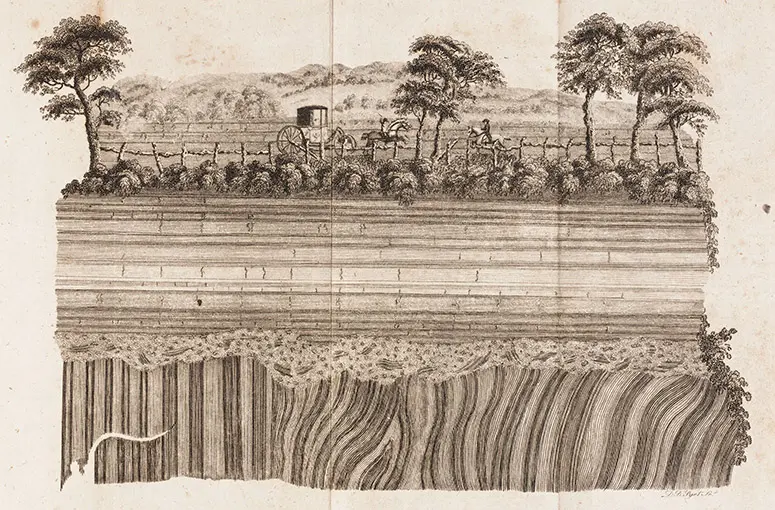
At first, people did not believe in those ideas of Hutton regarding the erosion, sedimentation, and geological uplift, but slowly and gradually those ideas got renowned, and the foundation of modern geology was set.
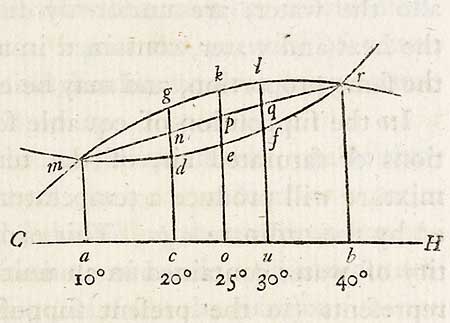
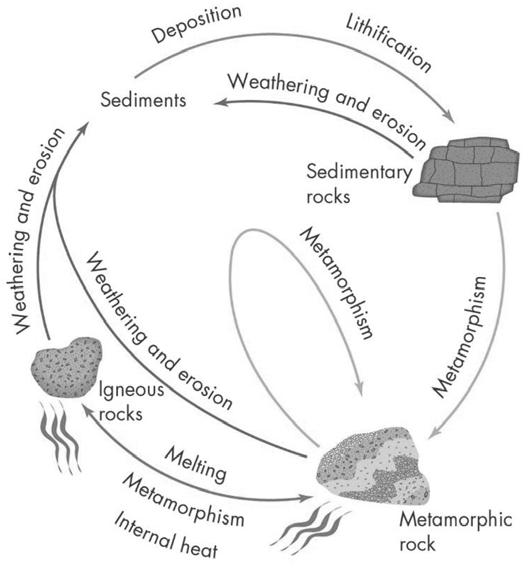
Hutton remained unrecognized throughout his life, but after his death he is rightfully considered one of the giants of geology. His work is a powerful appeal of the observing and knowing strategies as well as deeply compelling generations into the mysteries of the Earth’s geology. The research shown is the continuation of his work so, with his help, he inspires to consider all the crucial steps that take place for the Earth’s history.